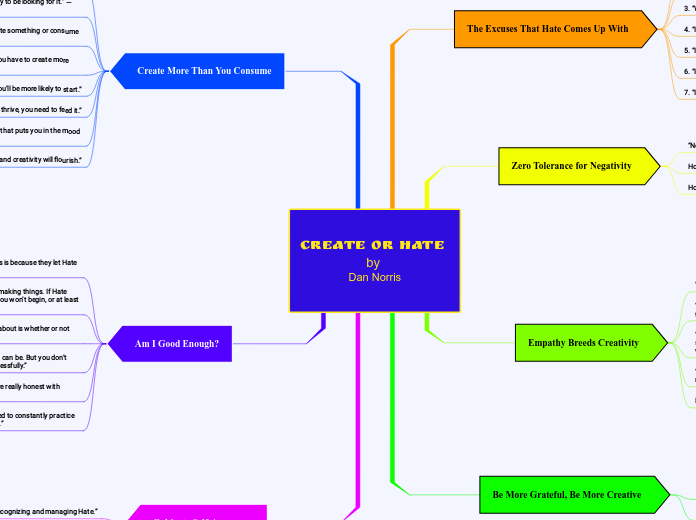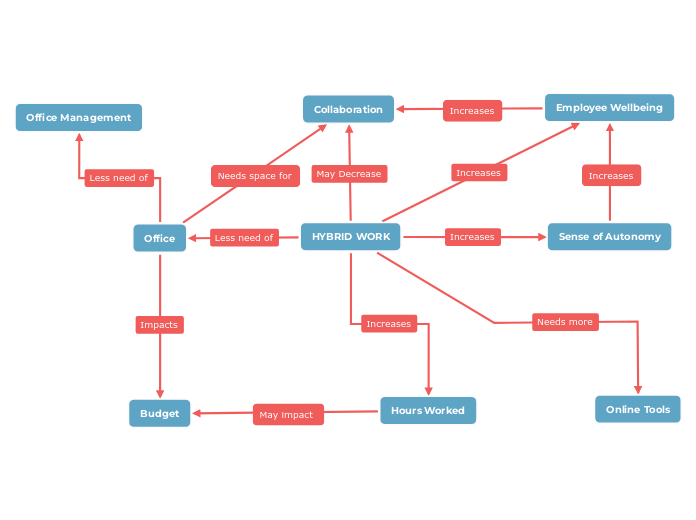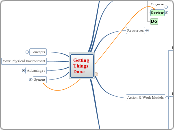por Mindomo Team 5 anos atrás
264
Create or Hate by Dan Norris
The essence of creativity lies in producing more than consuming, emphasizing simplicity in projects to encourage initiation. Success tends to favor those immersed in their pursuits, often without actively seeking it.









